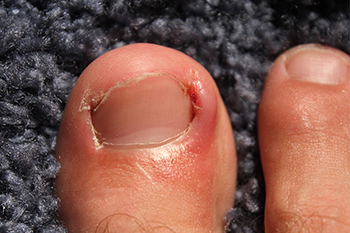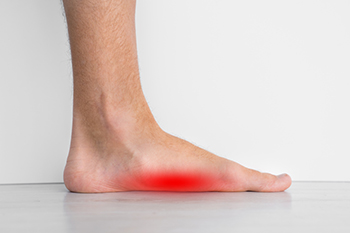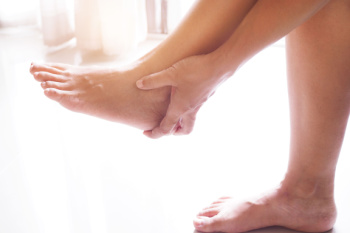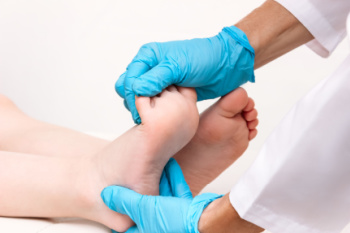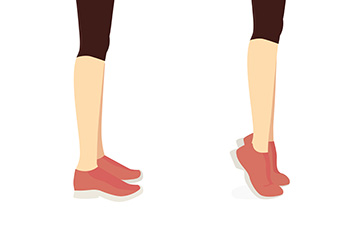
Strengthening your ankle ligaments is essential for preventing sprains and enhancing stability, especially if you are active in sports or physical activities. Simple ankle exercises include pointing and flexing your toes and performing heel raises while focusing on controlled movements. Other simple, but effective, ankle strengthening exercises include partial knee squats, either against a wall or with a chair for support, and incorporating stair climbing into your workout routine. These exercises help build strength and stability in your ankles, reducing the risk of sprains and enhancing overall mobility. However, it is suggested that you consult with a podiatrist before starting any ankle exercise regimen, particularly if you have existing ankle joint issues or are experiencing ankle pain. For personalized exercise recommendations and treatments to address your ankle instability or weakness, it is suggested that you schedule an appointment with a podiatrist.
Exercising your feet regularly with the proper foot wear is a great way to prevent injuries and build strength. If you have any concerns about your feet, contact one of our podiatrists from InStride Family Foot Care. Our doctors can provide the care you need to keep you pain-free and on your feet.
Exercise for Your Feet
Exercise for your feet can help you gain strength, mobility and flexibility in your feet. They say that strengthening your feet can be just as rewarding as strengthening another part of the body. Your feet are very important, and we often forget about them in our daily tasks. But it is because of our feet that are we able to get going and do what we need to. For those of us fortunate enough to not have any foot problems, it is an important gesture to take care of them to ensure good health in the long run.
Some foot health exercises can include ankle pumps, tip-toeing, toe rises, lifting off the floor doing reps and sets, and flexing the toes. It is best to speak with Our doctors to determine an appropriate regimen for your needs. Everyone’s needs and bodies are different, and the activities required to maintain strength in the feet vary from individual to individual.
Once you get into a routine of doing regular exercise, you may notice a difference in your feet and how strong they may become.
If you have any questions please feel free to contact our offices located in Concord, Charlotte, and Salisbury, NC . We offer the newest diagnostic and treatment technologies for all your foot and ankle needs.
